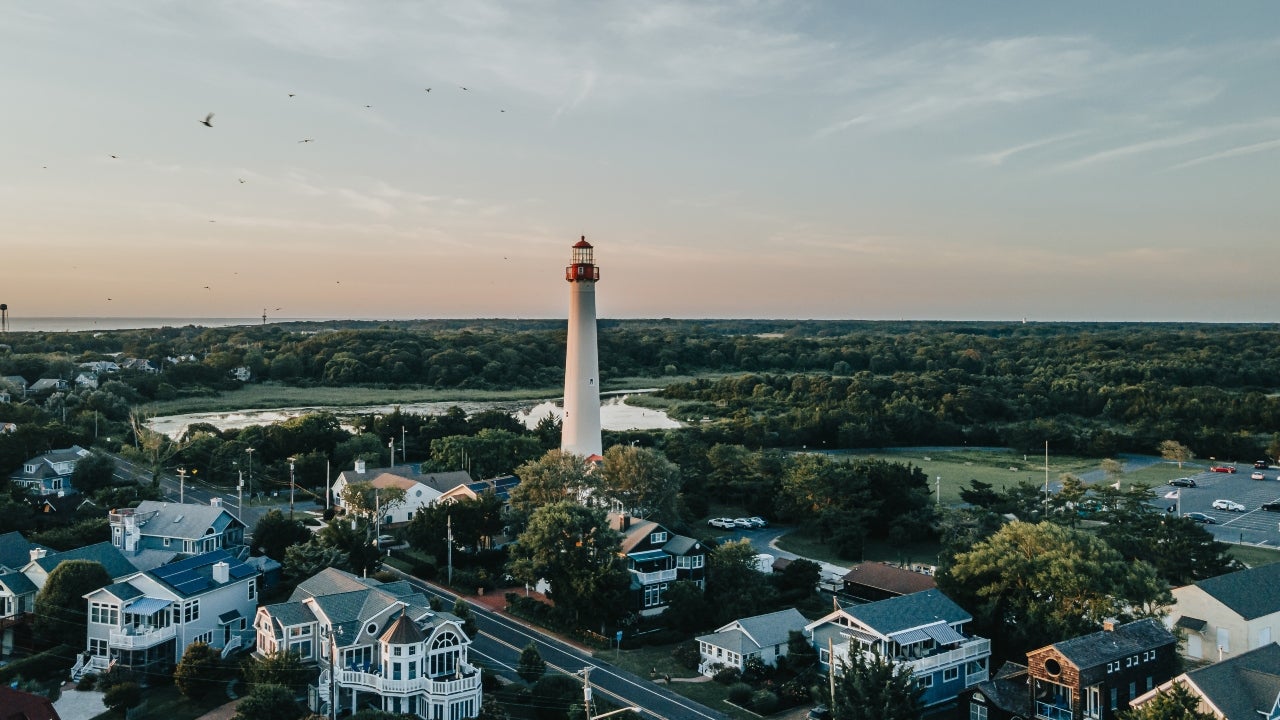

Some in Narragansett aren’t convinced everything was done right. The company was originally going to make the decision jointly with the state, but the DEM said the state made the decision on its own because of the potential conflict. Those interconnections have helped lead to concerns locally that PRI X had an inside track.


PRI X has a lease from the state on the land, and owns the Lighthouse Inn building. PRI X would continue to operate parking on some of the land – under a newly renegotiated lease – while the state would demolish the Lighthouse Inn and try again from scratch to find a developer.ĭEM owns the land there, part of its stewardship of the Port of Galilee, a major east coast fishing hub and an important part of the state’s blue economy. Months behind schedule, the agency decided in March to not pick any of them, instead breaking up the site into smaller parcels. PRI X proposed a smaller hotel and some storefront space, a proposal that was smaller in scope but more realistic, as the company would have it, for the challenges in a busy commercial port. The town of Narragansett had proposed what it called a bold, ambitious and complex development, with a hotel, restaurant and even residential units. The town of Narragansett, PRI X itself, and a company that wanted to build a fish processing plant put in their ideas. The state Department of Environmental Management last year asked developers to come forward with proposals to redevelop the old inn. Some in Narragansett wanted to do more with the site than help send people on their way to somewhere else, and butted heads with PRI X, whose development plans they considered inadequate.


 0 kommentar(er)
0 kommentar(er)
